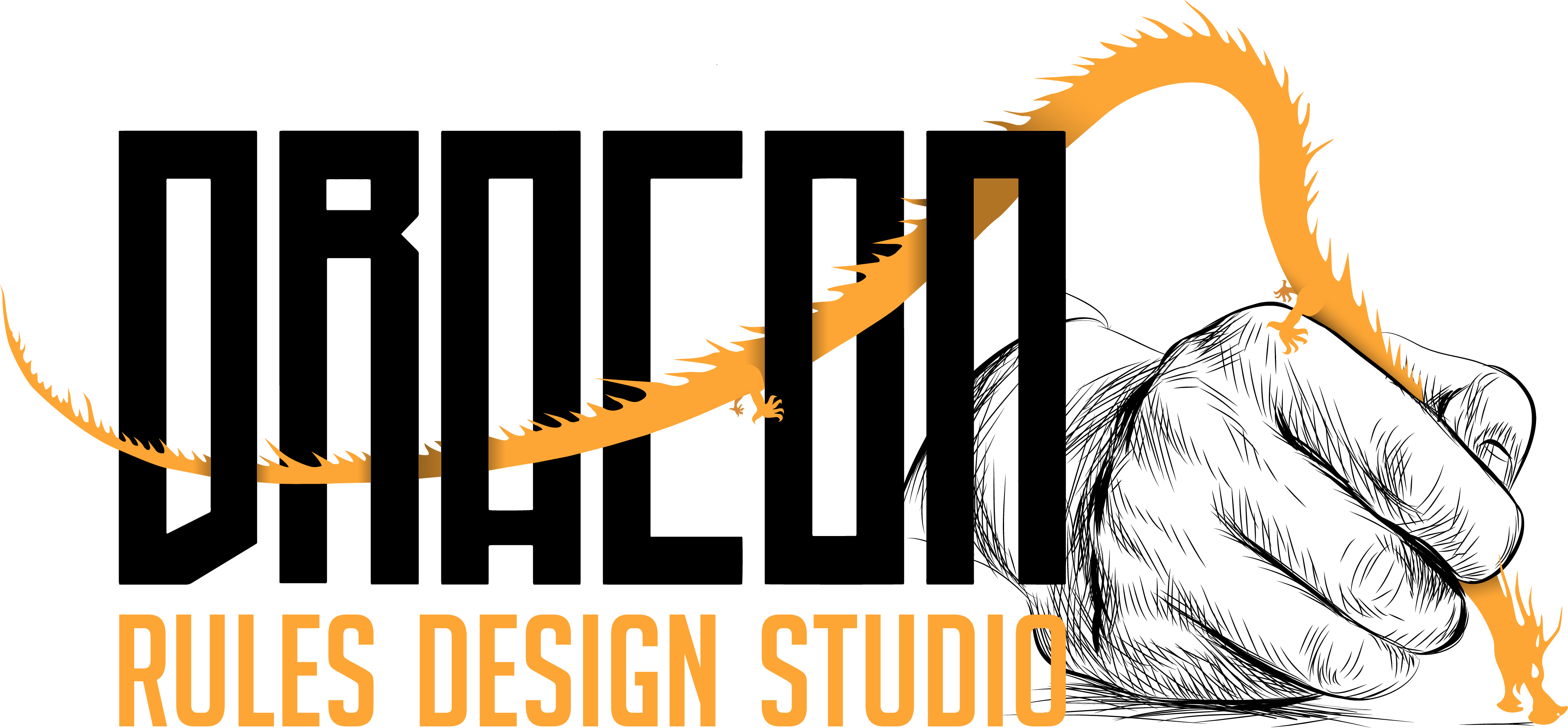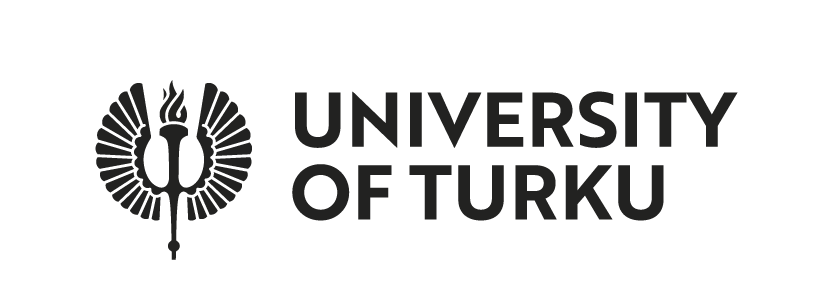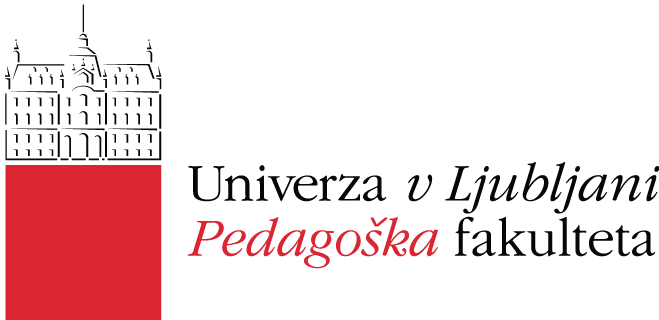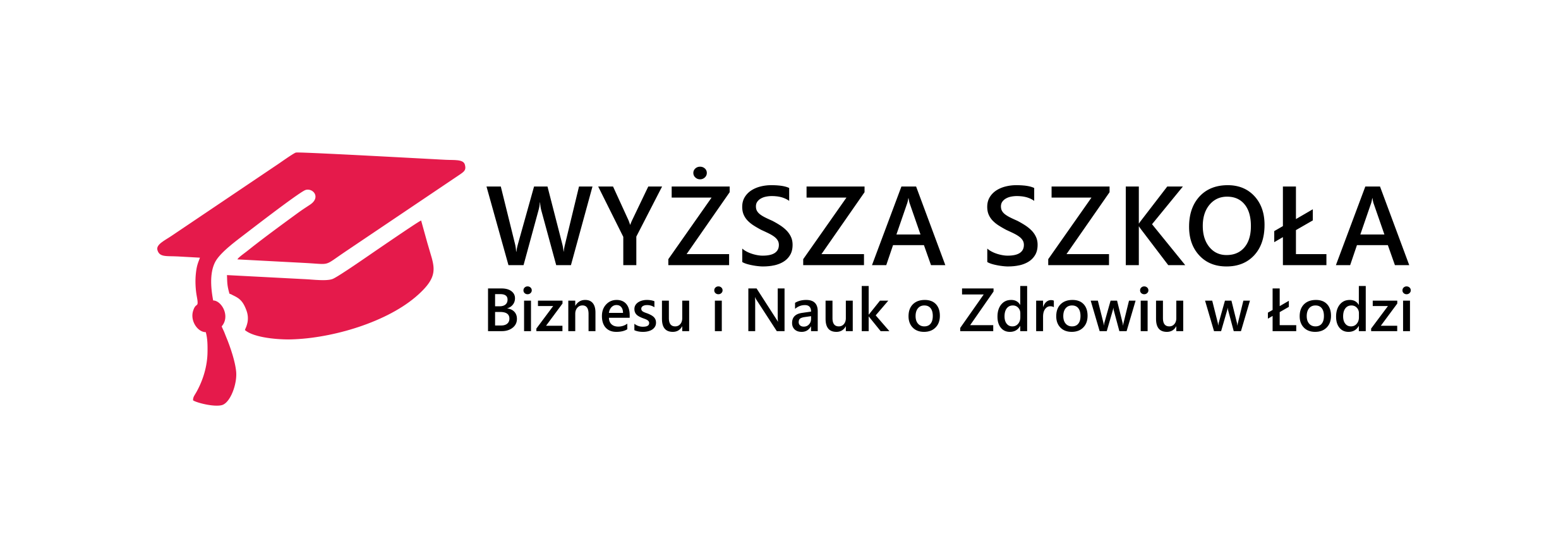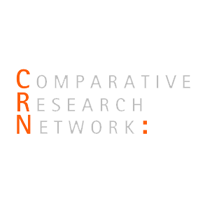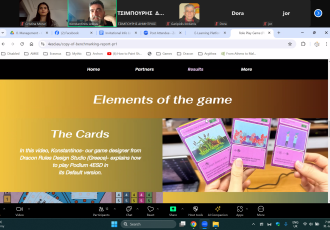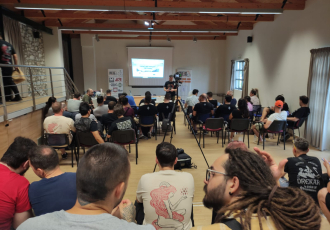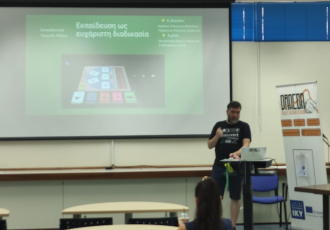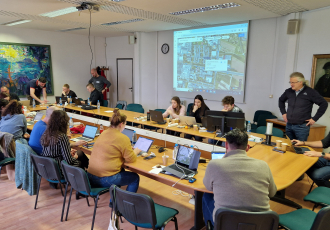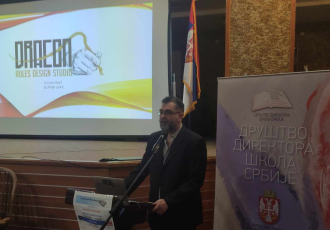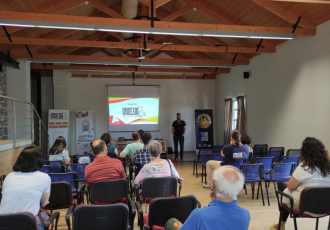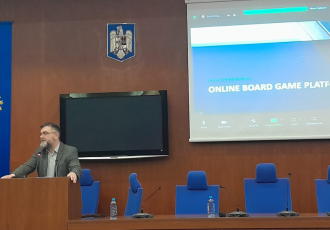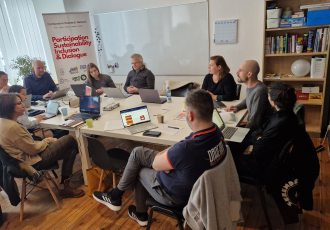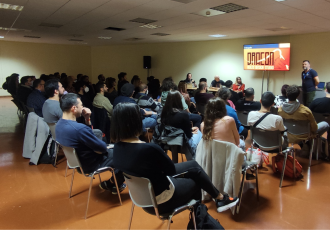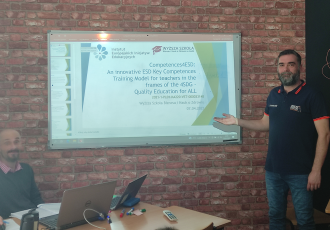Competences4ESD:
An innovative ESD Key Competences Training Model for teachers in the frames of the 4SDG
- Quality Education for ALL
Program: Erasmus+
Key action: Vocational Education and Training
Action Type: KA220 Cooperation partnerships
Project Reference: 2021-1-PL01-KA220-VET-000033148
Start Date - End Date: 28/02/2022 - 27/08/2024
Duration: 24 months
Our role: Partner
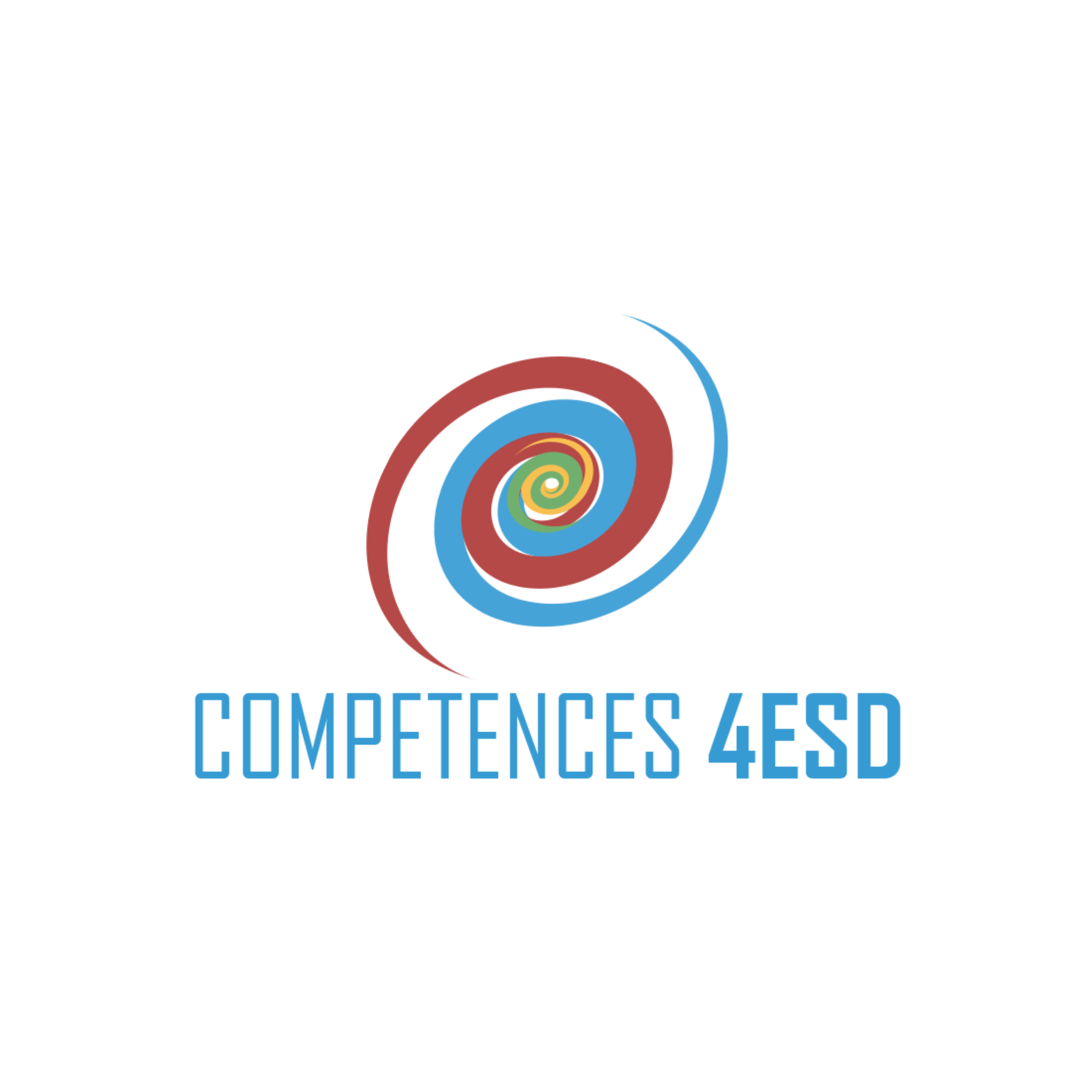
Find out more about the project:
Topics
- Initial and continuous training for teachers, trainers and other education staff
- Key competences development
- Open and distance learning
Project Overview
Empowering Educators for Sustainable Development: Competences4ESD Project
The Competences4ESD project aims to redefine key competences for educators, enabling them to effectively integrate Education for Sustainable Development (ESD) into their teaching practices. By aligning with the UN’s Sustainable Development Goal 4 (Quality Education for All), this Erasmus+ project empowers teachers to foster critical thinking and sustainability-focused action among students.
Background
Since the launch of the UN's 17 SDGs in 2015, there has been a global effort to integrate sustainability into education.
However, educators often lack the skills to teach ESD effectively, struggling to connect ecological, economic, and social aspects or inspire transformative action. The Competences4ESD project addresses this gap by equipping pre- and in-service teachers with innovative tools and training to develop key competences for fostering sustainability in their classrooms and communities.
Objectives
Redefine and develop ESD key competences for teachers
Create innovative tools and methodologies for educators
Promote sustainability through role-play games and e-learning platforms
Build a vibrant community of trainers and stakeholders for long-term impact
Project results
Partners
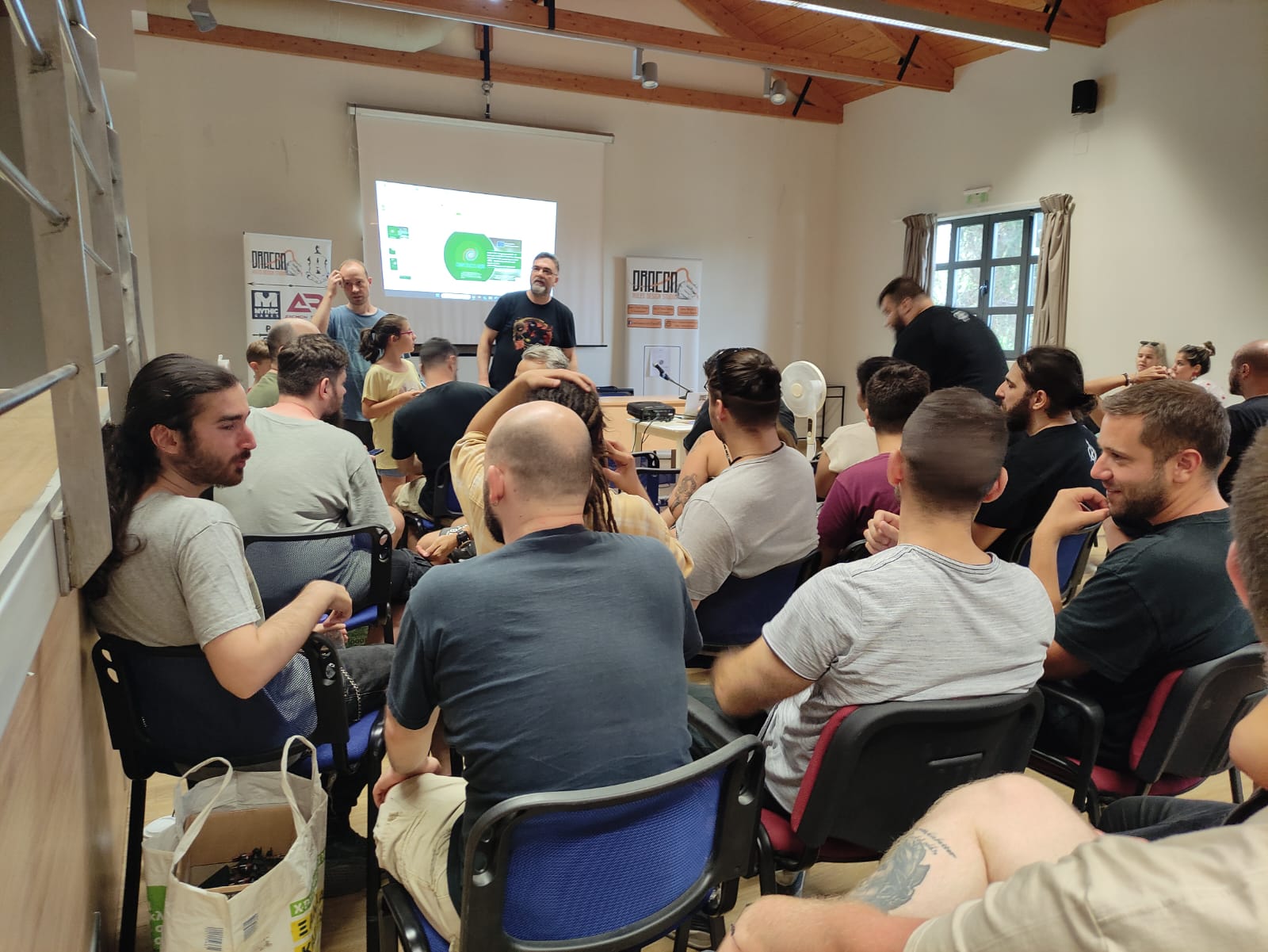
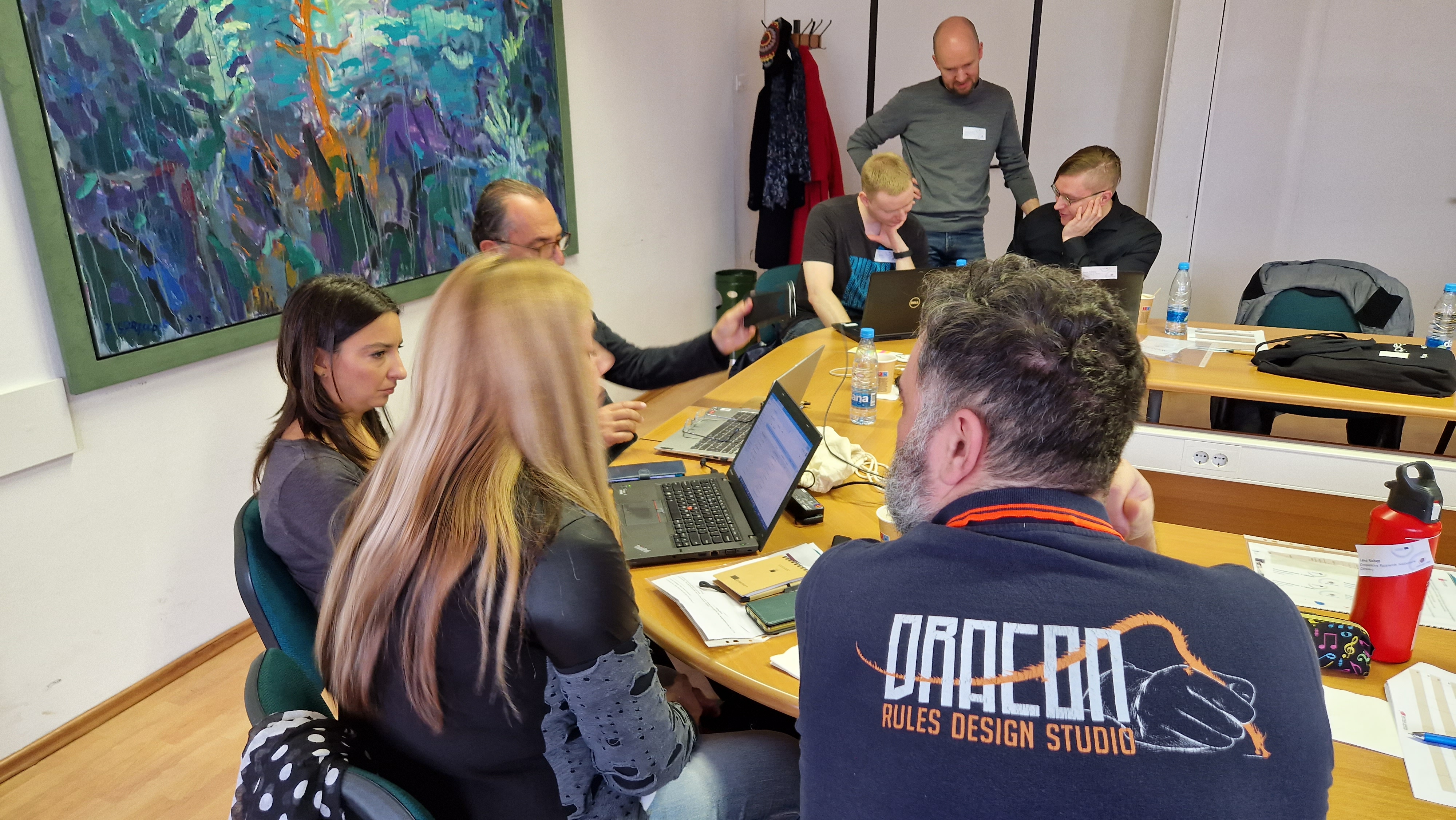
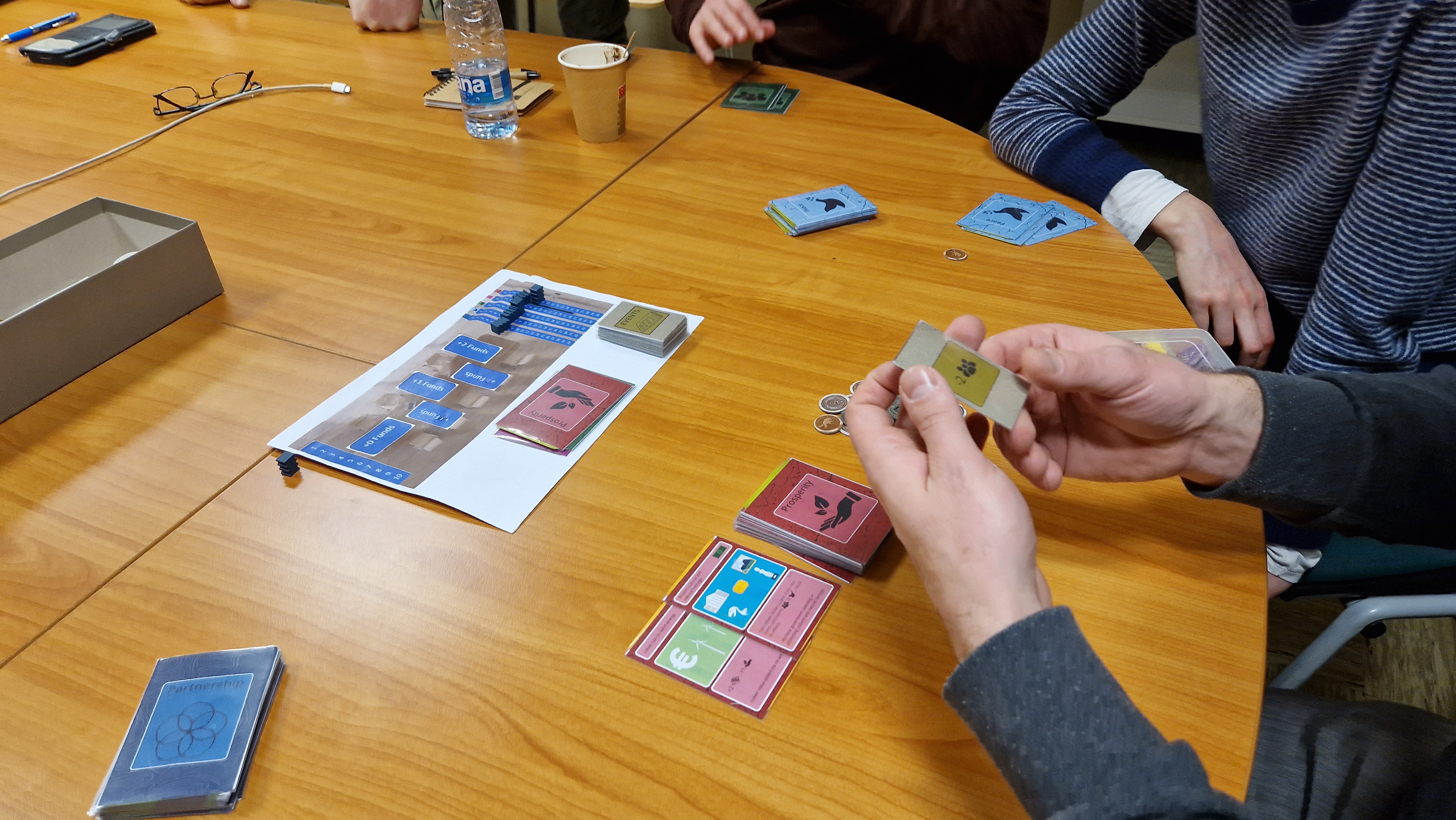
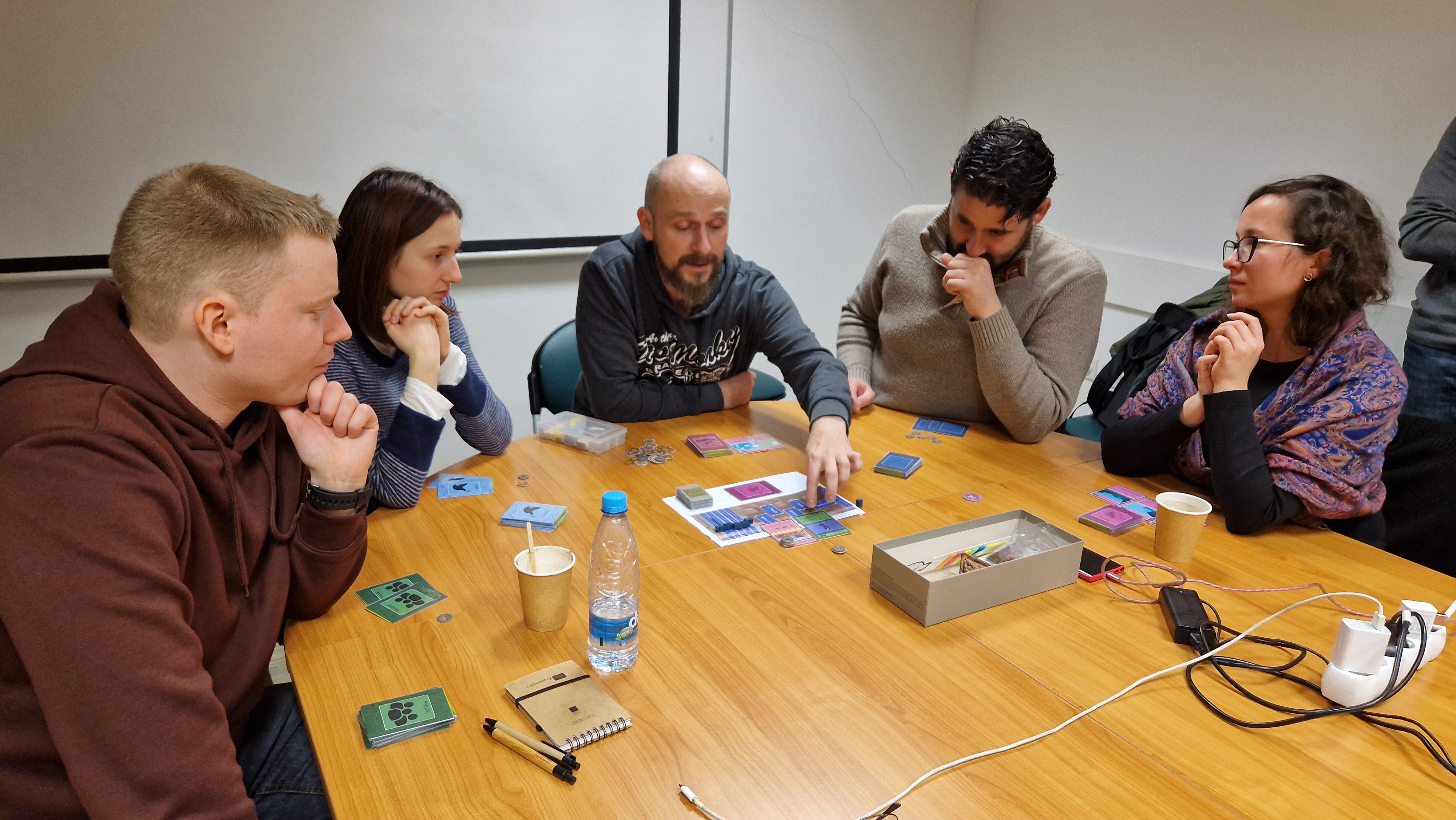

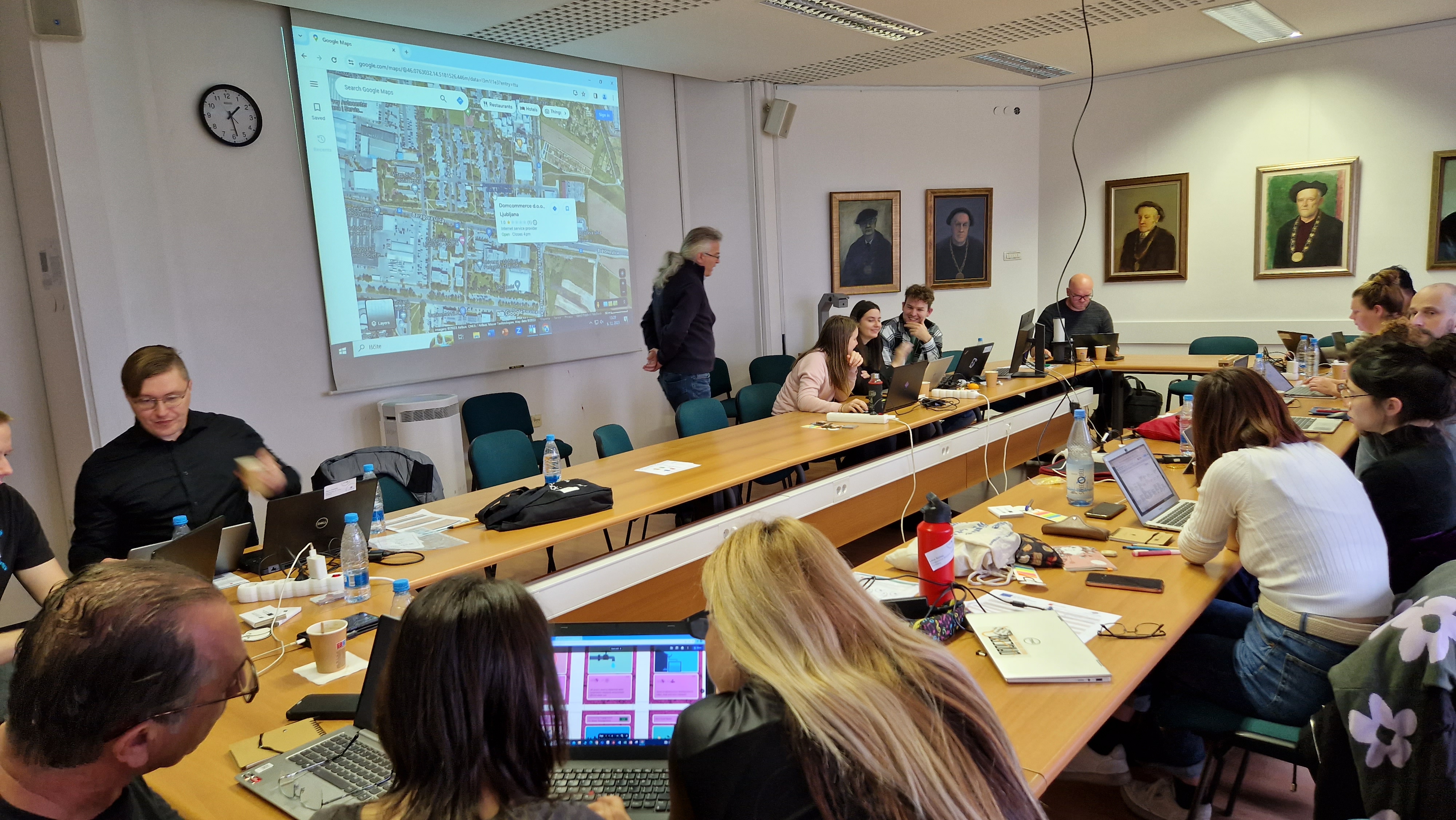
News about the project
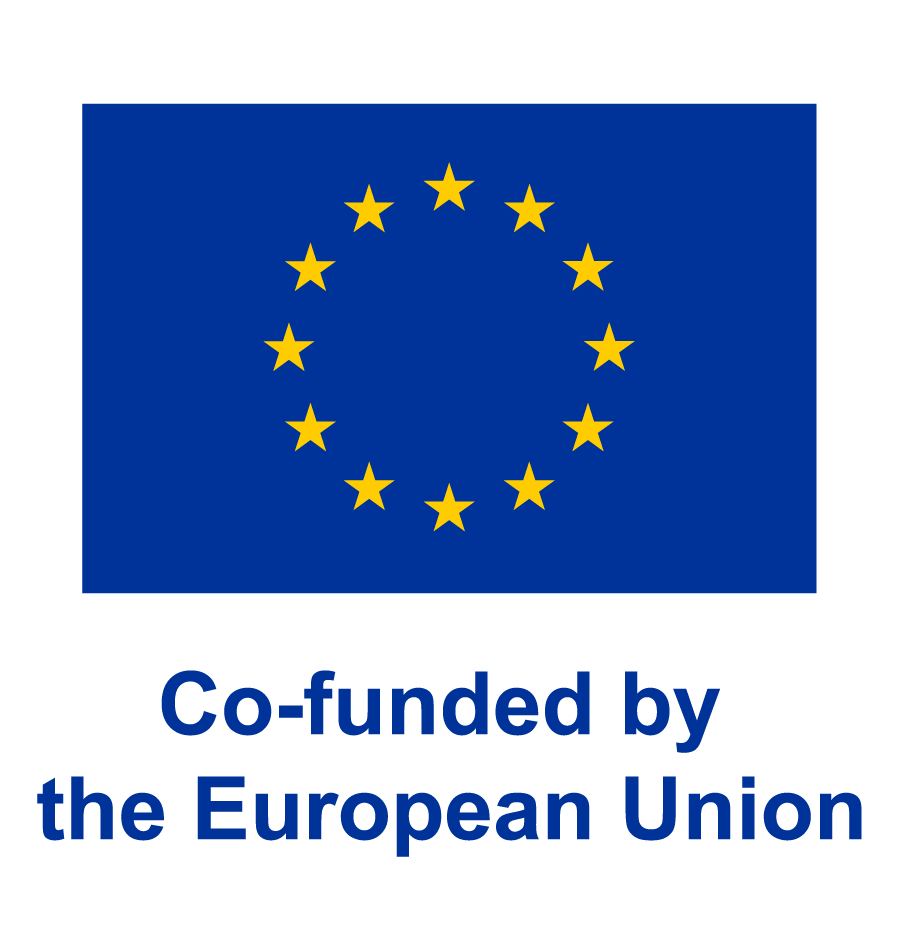
Funded by the European Union. Views and opinions expressed are however those of the author(s) only and do not necessarily reflect those of the European Union or the European Education and Culture Executive Agency (EACEA). Neither the European Union nor EACEA can be held responsible for them.
Project reference: 2021-1-PL01-KA220-VET-000033148
